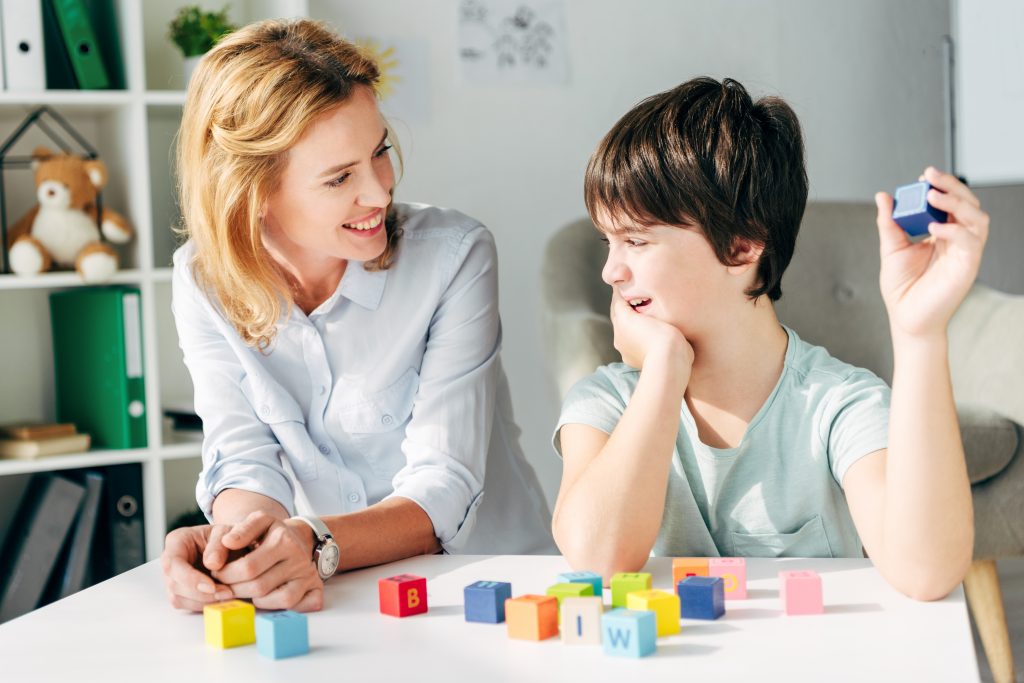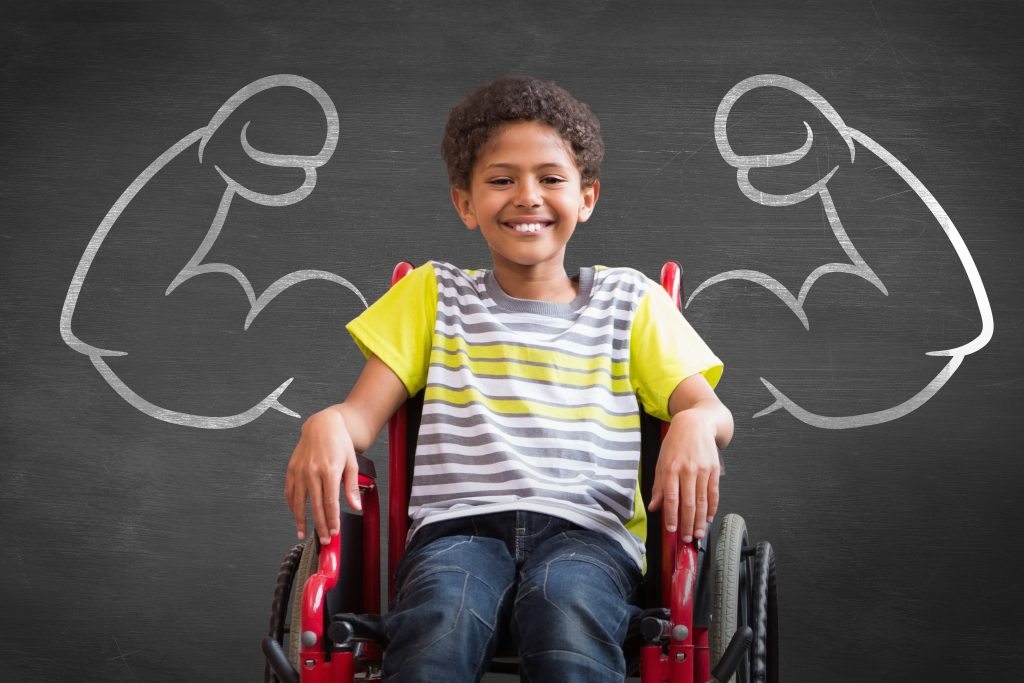Every child is special and deserves to be loved. But when caring for children with disabilities, parents have to make sure they have an understanding of the condition in which their child is suffering from. It can be difficult for parents to know what to do for their children with disabilities because they have different needs. The best way to care for kids with disabilities is to work with a health professional who can provide valuable advice for parents or guardians.

The major categories of disabilities in children include intellectual and physical disabilities.
- Intellectual disabilities are often a result of birth, genetic defects, or brain injuries. A child with an intellectual disability will have trouble with learning, both physically and socially. Intellectual disabilities include autism, dyslexia, epilepsy, schizophrenia, Asperger’s Syndrome, attention deficit disorder (ADD), and Down syndrome.
- Physical disabilities generally result from accidents, infections, birth defects, or illness. Children with physical disabilities are often born with these conditions while other physical disabilities develop later in life. Some physical disabilities may become apparent at a very young age, such as cerebral palsy. They can include heart problems, lung disease, bone and joint deformities, and also serious mental health problems, such as schizophrenia and depression.
If your child has a disability, not knowing how to handle the situation well can take a toll on you, too. Fortunately, there are some things you can do to help your family thrive when you have a family member with a disability:
- Build A Support System
Parents who have children with physical or mental disabilities should not be embarrassed to seek help. It’s said that raising children takes a village; when you have a child with special needs, you need a village or two. A support system can be your family members, relatives, trusted friends, as well as healthcare professionals and facilities.
- Parents with special needs children or kids with physical impairments need the support and understanding of the people around them. It’s not unusual for parents with physically or intellectually impaired kids to feel tired, hopeless, and even depressed. Seek assistance when necessary since it’s also important for parents to care for themselves so they can care better for their kids.
- Seek communities that allow children with disabilities to develop themselves and provide growth opportunities. Some organizations offer services for developing children with disabilities that you should look into. You must choose one that suits your family’s needs and preferences.
- Get The Right Diagnosis
Children with disabilities might not know how to express themselves and this often leads to behavioral problems. They also find it hard to concentrate on tasks because they have difficulties in organizing their time and skills. If you have any fears about your child having difficulties in school, or if you think they have a learning disability, you need to arrange for a proper assessment to determine the condition. Your child will not only benefit from the necessary learning interventions; they will also be able to acquire the necessary social skills that will help in their future endeavors.
On the other hand, if your child is suffering from physical impairment, try to find the right tools to help them, aside from regularly bringing them to their primary doctor. For example, a child with impaired hearing may function better with the help of a hearing aid, which is becoming more and more sophisticated nowadays. Aside from increasing your child’s ability to function, you’ll also be able to thrive better with the help of proper equipment.

- Empower Your Children
Children, with or without disabilities, should be taught to be independent. While a regular caregiver or assistance from a family member may still be needed to care for them, doing these will help empower your children and allow your family to thrive:
- Get your child enrolled in early childhood programs. There are early childhood education programs designed specifically for children with learning disabilities. These programs help them cultivate essential skills that are critical to their development. These include creative and imaginative play, music, movement, social interaction, speech recognition, numerical reasoning, and memory skills.
- Encourage your child to join in or take part in activities that interest them. The more your child gets into an activity or project, the more they learn and relearn. You can give your child rewards so that they feel good about participating and this will encourage them to participate even more in the future. This way, you’re helping your child overcome developmental disabilities.
Takeaway
Children with disabilities are still the same children as other children. They deserve to be understood and loved. Give them the benefit of knowing that they don’t have to perform above their normal capacity just because of their disabilities. Learn more about them so they will know that their strengths and skills are still the same as those of their peers. This will keep them independent and help them become confident in their surroundings. You must show your children that you love them and that all people are equal. Children, especially those with a disability, need to know that despite the differences in appearance, they are not different from anyone else.
I’m a 20-something stay-at-home mother and wife. I have an amazing husband, a beautiful daughter, two loving dogs, and a lazy cat. I wouldn’t change my life for anything! I love to read, listen to music, cook and blog!

Speak Your Mind